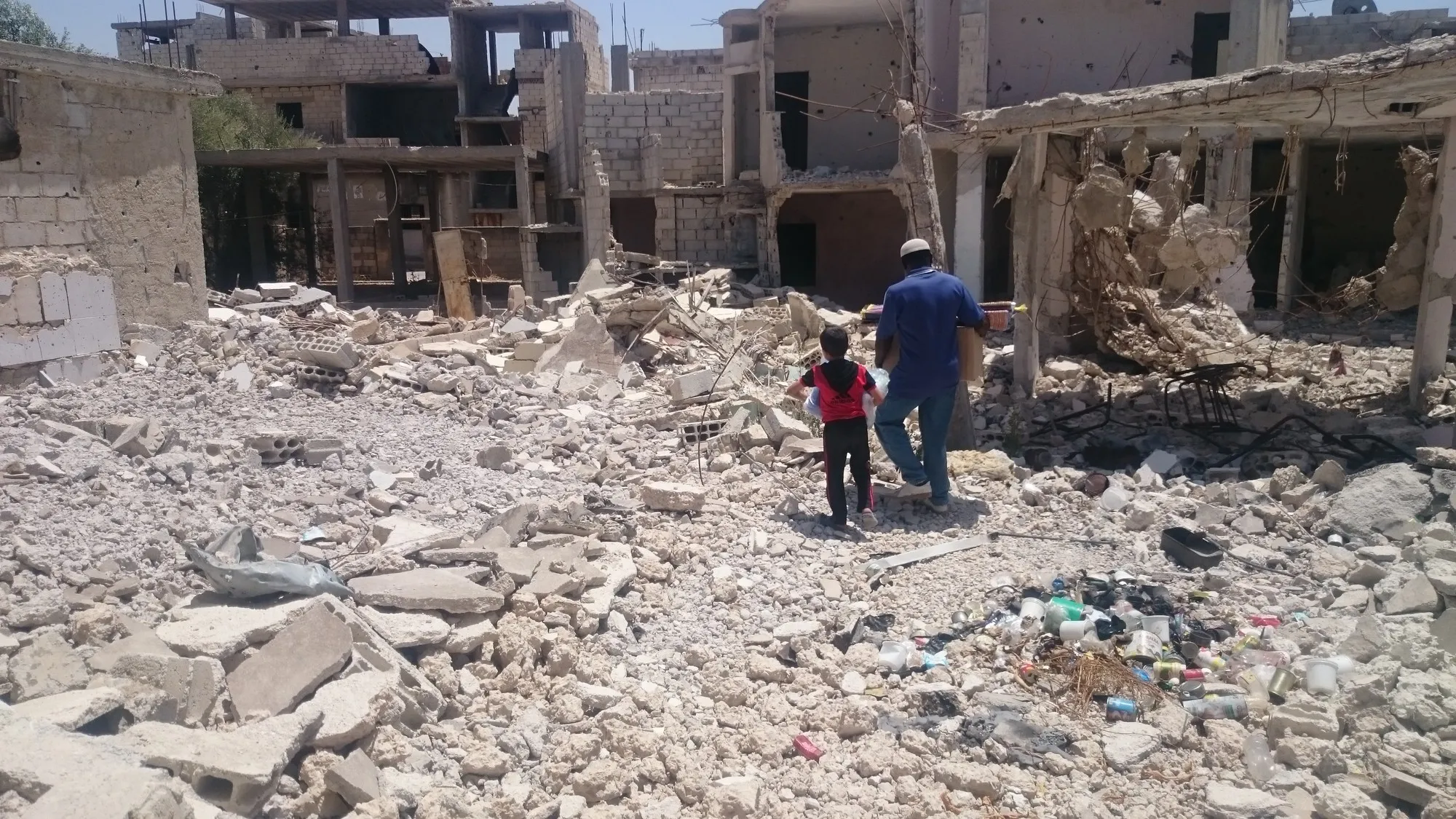CARE International is extremely disappointed by the vote today in the UN Security Council to reduce the duration of the UN’s cross-border humanitarian assistance operation into Northwest Syria from 12 months to just six. The Council ignored calls from humanitarian organizations to use all means necessary to ensure that the four million Syrians in the Northwest who are in acute need will get the help they need over the coming year. Reducing the reauthorization of the Bab al-Hawa crossing to only six months when humanitarian needs are higher than ever before and set to rise further, will add to the suffering of Syrians, who have endured more than a decade of conflict and displacement. Within Syria’s precarious context, this adds further uncertainty for Syrians and their consequential mental distress.
At a time of heightened needs across Syria, CARE and other humanitarian actors have been calling for the reauthorization of the Bab al-Hawa border crossing for 12 months. Consistent and sustained cross-border assistance is vital to ensure crucial aid including food, water, shelter, medical care, and other lifesaving assistance to some four million Syrians living in the Northwest, 80% of whom are women and children. Aid agencies were already struggling to plan and fund relief programs, but will now face even greater challenges with a shorter planning cycle.
Eleven years of this conflict have resulted in widespread human rights violations and denial of justice, resulting in ever mounting needs of Syrians. Within Northwest Syria an estimated 70% of the population is food insecure, some 1.7 million displaced suffer in inadequate or dire living conditions, with minimal access to health, education and other essential services. Vulnerabilities are on the rise, and people’s capacity to cope in this protracted conflict are plummeting. Increasing scarcity of resources such as water, and the economic crisis in Syria and Turkey have worsened a desperate situation. Now is the time for more, not less.
The outcome today only serves to prolong a situation where the needs of Syrians are not fully met. It is a further indication of the continued politicization of humanitarian access. The required certainty to implement relief programs that ensure assistance can reach Syrians in time of need has not been achieved. Bringing the Security Council back to re-negotiate access in January is not only a huge waste of effort, but will also fall during the harsh winter months, where needs and disease are on the rise, endangering the most vulnerable Syrians who live in inadequate and substandard shelters; a situation only made worse by the ongoing COVID-19 pandemic. CARE reiterates to all Security Council Members that Syrian lives are not a political bargaining chip.
Alongside delivery of assistance, it is equally critical to maintain efficient coordination of the humanitarian response. We call upon all humanitarian actors, UN and NGOs alike, to continue their joint engagement in effectively coordinating the humanitarian response across Syria.
Together with our dedicated Syrian partners, CARE continues to provide assistance to people in Northwest Syria, but we remain concerned that we cannot sufficiently scale up our work or even begin to meet the growing needs of communities in the region should the cross-border lifeline be cut in January 2023. We reiterate the need for all parties to continue supporting principled humanitarian access and uphold humanitarian actors’ ability to deliver aid through all direct and most efficient modalities, to ensure Syrians across the country are able to receive it. We urge the Security Council to put politics aside and ensure the lives of Syrian people come first.
For more information please contact:
Anisa Husain
CARE Press Officer
Anisa.Husain@care.org

